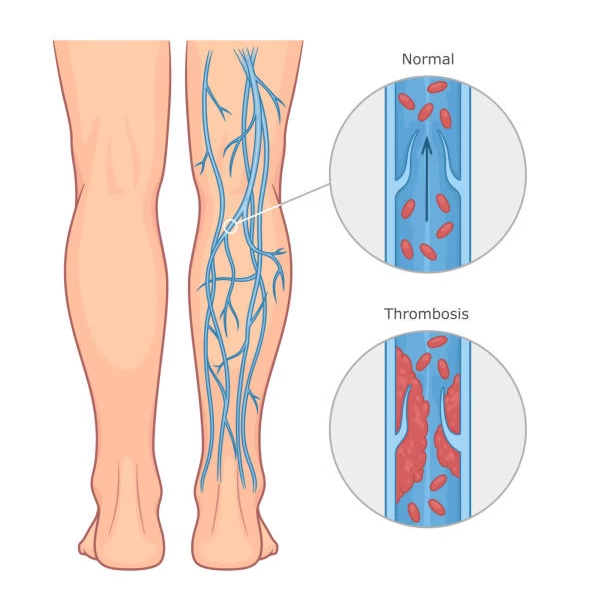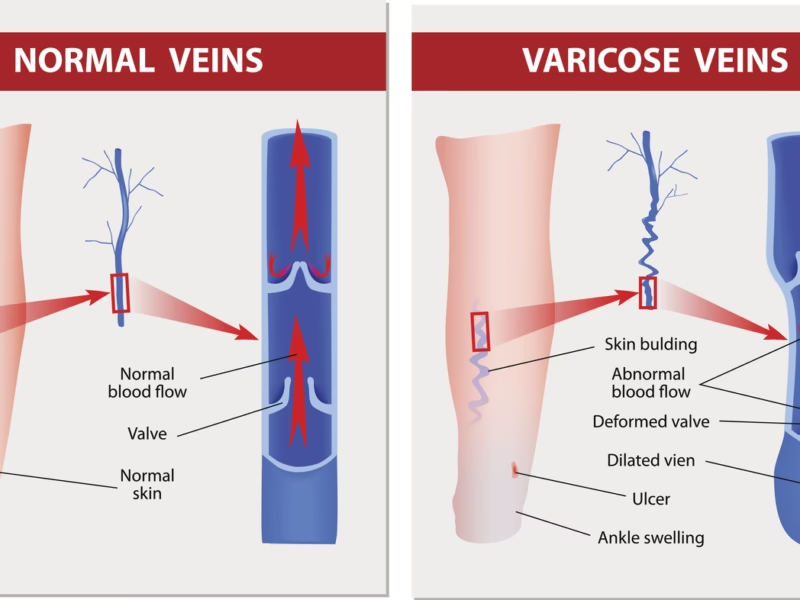Introduction – Understanding COVID and Brain Fog
COVID‑19 continues to cast a shadow on cognitive health, with many recovering individuals experiencing residual brain fog—a feeling of mental cloudiness that includes slowed thinking, fuzzy head feeling, and memory loss. If you’re dealing with a foggy head, tiredness, or even brain fog depression, you’re not alone.
What Is COVID‑Related Brain Fog?
While not a formal medical diagnosis, COVID‑related brain fog refers to persistent mental symptoms such as confusion, poor concentration, slowness in thinking, and memory problems. These symptoms often appear several weeks to months following the initial infection—typically as part of long COVID Brown Health+3Ada+3GoodRx+3.
Long COVID can affect anyone, whether the initial COVID case was mild or severe. Neurological sequelae like brain fog are estimated to affect a significant subset of sufferers—approximately 10–30% of those not hospitalized, and up to 50–70% of those hospitalized Wikipedia+1.
How Long Does Brain Fog Last?
Estimates vary, but the typical duration is as follows:
- For many, brain fog begins around 4 weeks post-infection, may peak around 3 months, and resolves gradually over the next several months Yale MedicineWikipedia.
- Studies report most people improve between 6 and 9 months after onset ama-assn.org+7Brown Health+7Yale Medicine+7.
- A few individuals report brain fog lasting over 1 year, and in rare cases as long as 18 months to 2 years or more, especially in older or hospitalized individuals Wikipedia+8Yale Medicine+8Brown Health+8.
- Longitudinal data suggest cognitive symptoms can persist or even emerge 2–3 years post-infection, with measurable drops in IQ (~6‑10 points) in hospitalized cohorts nypost.comtheguardian.comft.com.
- One large follow-up found brain fog lasting beyond 14 months with little objective change in reporting, although participants felt gradual improvement healthline.comnejm.org.
Why Do Symptoms Like Fuzzy Head and Tiredness Happen?
Inflammation, blood‑brain barrier disruption, and microclots are common theories explaining the symptom profile of COVID brain fog twin-cities.umn.eduAdaWikipedia. Neuroinflammation in older patients may contribute to persistent fatigue and memory dysfunction twin-cities.umn.edu. Additionally, depression and anxiety, common in long COVID, can worsen cognitive symptoms and braided “foggy head” feelings—sometimes called brain fog depression myjournalcourier.com+7verywellhealth.com+7GoodRx+7.
Link Between Brain Fog and Depression / Memory Loss
Mental health and cognition are deeply interconnected:
- Depression and anxiety are often reported alongside brain fog, sometimes as co-occurring or even compounding factors Wikipediatheguardian.com.
- Memory loss—especially impaired short‑term recall and difficulty forming new memories—is a hallmark of brain fog and is measurable in studies involving large cohorts nejm.orghealthline.comft.com.
- Those experiencing a foggy head and tiredness may also report low mood, both resulting from—and contributing to—cognitive sluggishness.
What Can Help: Practical Tips to Clear the Fuzzy Head
Though no “quick fix” exists, evidence-backed strategies can improve mental clarity:
- Pace yourself: Avoid overloading your brain. Take breaks and gradually build activity levels de.wikipedia.orgGoodRx.
- Prioritize sleep: Consistent restorative sleep is vital for brain repair and reducing fog healthline.comGoodRx.
- Exercise and stay active: Movement can boost mood, reduce inflammation, and support cognition healthline.com.
- Nutrition matters: Anti‑inflammatory foods (e.g., fatty fish, veggies, antioxidants) may help. Stay hydrated and avoid alcohol and smoking healthline.comverywellhealth.com.
- Cognitive strategies: Use planning tools, daily routines, and memory aids to ease mental load healthline.comGoodRx.
- Mental health support: Speak to a professional if depressive or anxiety symptoms persist—they may be treatable and improve cognition Wikipediaverywellhealth.com.
- Medical evaluation: In cases of severe or long-standing symptoms, cognitive rehabilitation, off‑label medications such as guanfacine or NAC (under medical supervision), or multidisciplinary long COVID clinics may provide benefit Ada.
Summary
| Question | Answer |
| How long can COVID brain fog last? | From a few days to several months for most; commonly clears by 6–9 months; up to 2 years or more in rare cases |
| What types of symptoms? | Foggy head, slowed thinking, memory loss, tiredness, possibly depression/anxiety |
| Who is at risk for long duration? | Older age, severe infection, hospitalization, comorbidities, mental health symptoms |
| What helps recovery? | Sleep, nutrition, pacing, exercise, mental health support, medical evaluation |
Final Thoughts
Recovering your mental clarity after COVID can feel slow and frustrating—but improvements do come over time. If you’ve been experiencing a fuzzy head and tiredness, memory lapses, or mood shifts, know you’re part of a growing number of people whose brains are healing. By embracing supportive lifestyle habits and tapping into medical or mental health support when needed, you can gradually overcome brain fog and depression, sharpen memory, and reclaim your focus.


